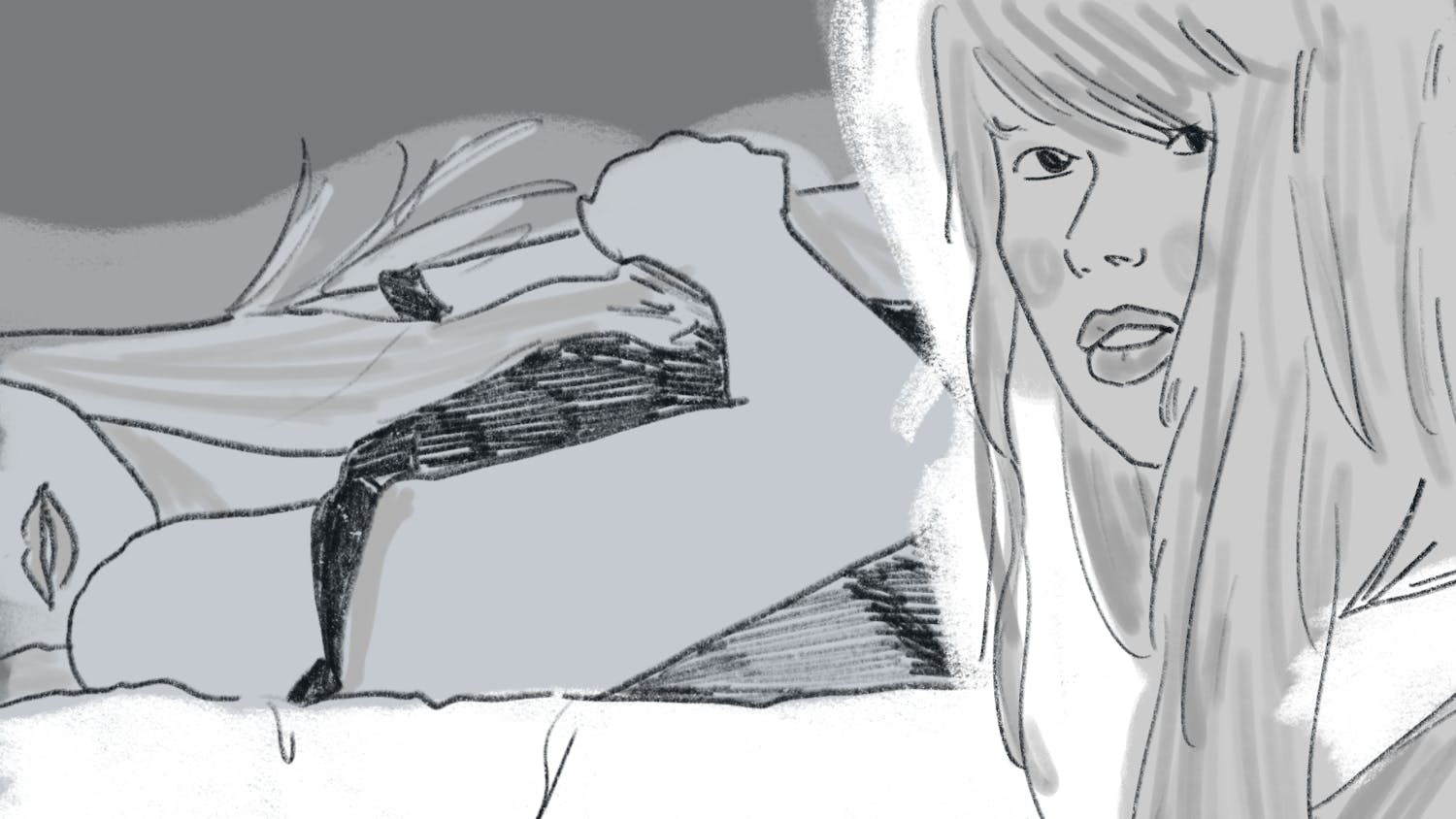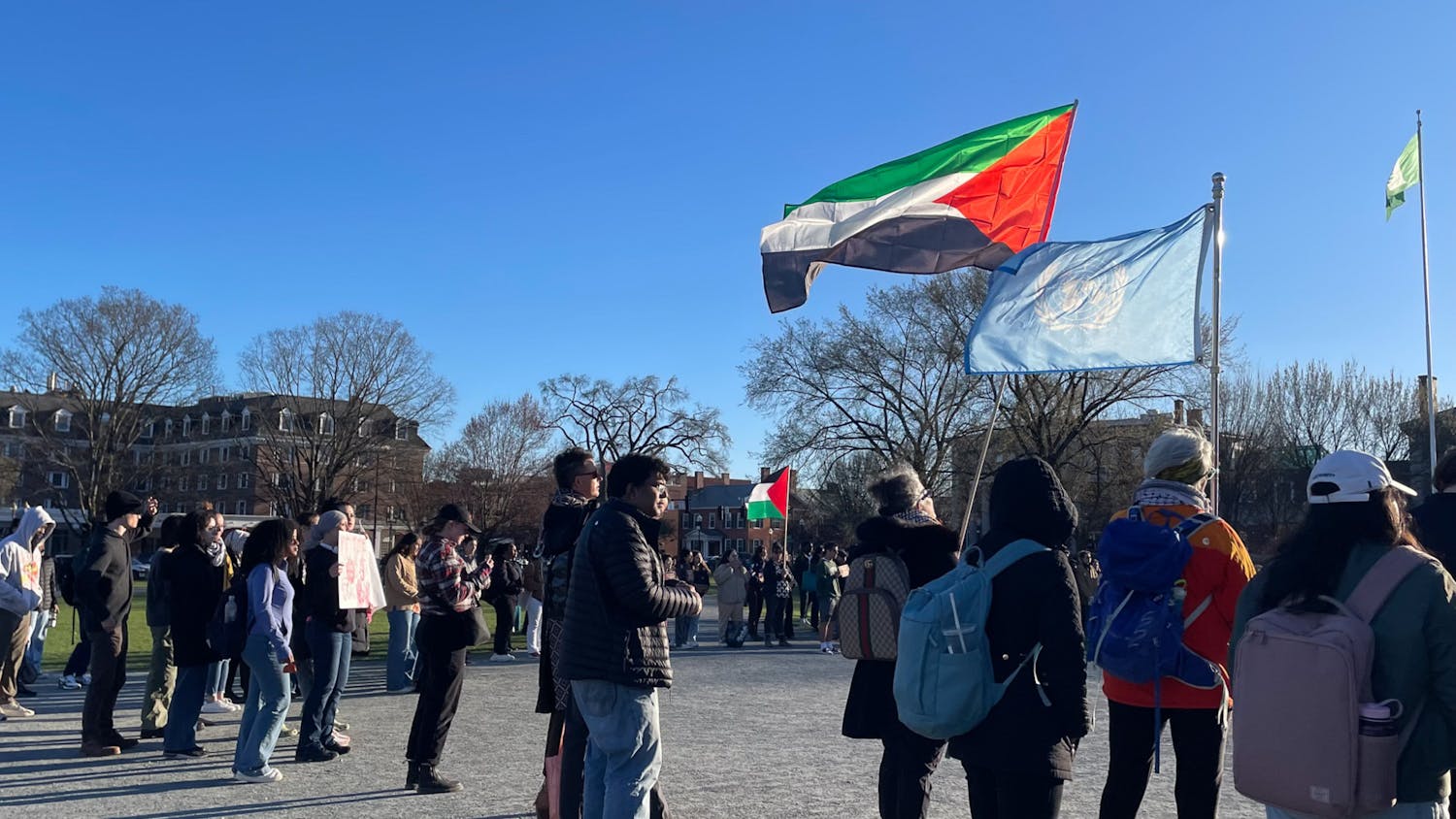This fall, Dartmouth’s Society of Fellows welcomed seven new postdoctoral fellows to campus. Having recently earned their Ph.D.s in various disciplines across the arts and sciences, they will now spend three years at Dartmouth continuing their scholarship and teaching.
Dartmouth’s Society of Fellows is modeled after similar societies that exist at other institutions, including Harvard University and Princeton University. In 2013, College President Phil Hanlon first announced that the Society would be created, and its first class of fellows arrived in fall 2015.
The newest class of postdoctoral researchers will join the Society as junior fellows. This year’s new junior fellows come from a wide range of academic backgrounds including criminal justice reform work and quantum information sciences. The Society also includes nine senior fellows, all of whom are College faculty members working in an array of departments and fields.
Each week, junior and senior fellows gather to learn more about the current research of one of their peers. Although each presentation is not directly relevant to all of the other fellows’ work, Randall Balmer, the director of the Society and chair of the religion department, believes these interdisciplinary meetings are one of the most important aspects of the program.
Similarly, junior fellow Jared Harris, who holds a Ph.D. in chemistry and joined the Society this year, appreciates how these interdisciplinary conversations expose him to new academic fields and research methods.
“It’s very easy in graduate school life to get stuck in your own little corner and never leave, so it’s nice to have this immersive experience,” he said.“I’m definitely learning a lot from the other fellows — not only how they present their work but how they conduct their research. What their day to day looks like is completely different than mine.”
Sean Griffin, a medieval historian who also joined the Society this year, echoed Harris’ appreciation for the interdisciplinary nature of these meetings.
“People from all different disciplines and all different backgrounds can meet and rub shoulders and exchange ideas in a way that often isn’t done given the traditional disciplinary boundaries,” he said.
In addition to attending these meetings, postdocs in the Society of Fellows spend much of their time in their first year continuing previous research in hopes of getting published. In their second and third years in the program, the fellows will continue their research and begin teaching at the College.
Balmer cited the importance of fellow’s ability to research, even when they begin to teach classes.
“The real emphasis here is on scholarship, to have junior fellows develop their scholarly work and their scholarly profile,” Balmer said.
In addition, Balmer also emphasized that when fellows teach at Dartmouth, they usually develop courses according to their previous research and interests.
Max Fraser, who joined the Society this fall and studies history, appreciates the structure of Dartmouth’s program.
“It gives you time to turn your doctoral thesis work into material fit for publication, whether it’s in the form of articles or books, and also start new projects,” he said.
Griffin also said he was excited to have time to work on turning his dissertation into a book manuscript.
In the next years, Fraser expects that he will teach classes in the history department focused on his research highlighting the migration of rural white southerners from the upper south into the industrial Midwest in the mid-20th century.
Unlike his peers studying the humanities, Harris is spending most of his time this year working in a research group before teaching.
“The opportunity to integrate a teaching component is fairly uncommon in the sciences. Most postdoctoral fellowships or appointments are strictly research based, but I wanted to get some teaching experience,” he said.
Reflecting on the effect of the Society of Fellows on Dartmouth as an institution, Balmer highlightsed the importance of having recent Ph.D.s on campus, especially because the College lacks doctoral programs in most fields.
“Having newly-minted Ph.D.s here on campus helps all of us to remain conversant with the latest developments in scholarship,” Balmer said.



